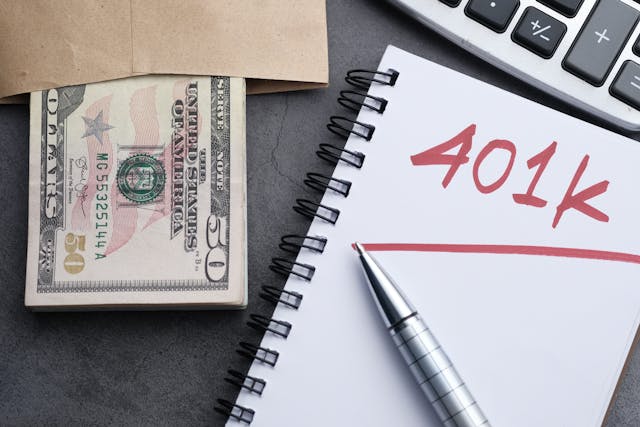Retirement Planning: When and How to Start Saving for Your Golden Years
Retirement may seem far away, but planning for it is one of the most important financial decisions you’ll ever make. Whether you're just starting your career or already halfway through, the earlier you begin, the better your chances of enjoying a comfortable and stress-free retirement.
This article will guide you through when to start saving, how much you might need, and what tools can help you reach your retirement goals.

Why Retirement Planning Matters
Think Long-Term for Peace of Mind
Most people want to retire someday, but not everyone is financially prepared. Without proper planning, you may find yourself working longer than expected or struggling to maintain your lifestyle.
Planning ahead allows you to:
- Enjoy financial freedom later in life
- Cover healthcare and living expenses
- Travel, relax, or pursue hobbies
- Leave a legacy for your family
Even small steps taken early can grow into big results over time.
When Should You Start Saving?
The Sooner, the Better
The best time to start saving for retirement is as early as possible. Thanks to compound interest, money you save in your 20s or 30s has more time to grow.
Here’s a simple example:
- Saving $200/month starting at age 25 could grow to over $400,000 by age 65 (with a 7% annual return).
- Starting at age 40 would only get you about $150,000 with the same monthly amount and return.
Don’t worry if you’re starting later—it’s never too late. You may just need to save more aggressively or adjust your retirement age or lifestyle plans.
How Much Should You Save?
Know Your Target
There’s no one-size-fits-all answer, but many financial experts suggest saving enough to replace 70–80% of your pre-retirement income.
A popular rule of thumb:
Save 10–15% of your income each year (including employer contributions).
You can also estimate your retirement needs by considering:
- Desired retirement age
- Expected expenses (housing, food, travel, healthcare)
- Other income sources (Social Security, pensions, etc.)
- Life expectancy
Online retirement calculators can help you set a specific savings goal.
Retirement Saving Options
Choose the Right Tools
There are several accounts and investment tools that help you save for retirement—many with tax advantages.
1. 401(k) or 403(b):
Offered by employers; you can contribute a portion of your paycheck pre-tax. Many employers match part of your contributions—take full advantage of this!
2. Traditional IRA:
An individual account with tax-deferred growth. Contributions may be tax-deductible.
3. Roth IRA:
Contributions are made with after-tax money, but withdrawals in retirement are tax-free.
4. SEP IRA or Solo 401(k):
Great for self-employed individuals or small business owners.
Diversifying your retirement savings across different types of accounts can give you flexibility and tax benefits later on.

Tips for Staying on Track
Make It a Habit
- Automate your savings: Set up automatic transfers to your retirement account each month.
- Increase contributions over time: Boost savings as your income grows.
- Track your progress: Review your accounts at least once a year.
- Avoid early withdrawals: Taking money out early often comes with penalties and lost growth.
- Talk to a financial advisor: They can help you create a plan tailored to your goals and lifestyle.
Conclusion
Retirement planning isn’t just about money—it’s about freedom, peace of mind, and the ability to enjoy life on your terms. Whether you’re just beginning or catching up, the key is to start today and stay consistent.
Your future self will thank you.












